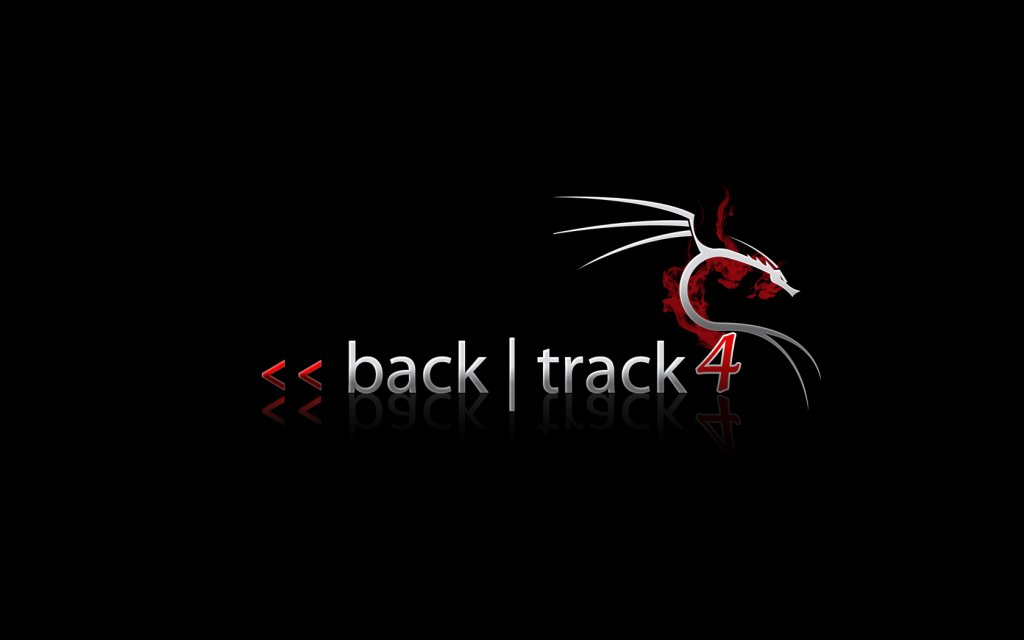BackTrack Base
There have been many changes introduced into BackTrack 4 – most notably, our move to an Ubuntu Intrepid base. We now maintain our own full repositories with modified Ubuntu packages in addition to our own penetration testing tools.
Another significant change is the updated kernel version, currently at 2.6.29.3. This new kernel brought an onset of internal changes, which have greatly changed the structure of BackTrack.
BackTrack Kernel
We no longer use lzma enabled squashfs as our live filesystem, which on one hand results in larger ISO size, but on the other hand, frees us from having to maintain our own kernel patches. This is especially painful these days, as squashfs is slowly moving into the mainstream kernel (at the time of this writing).
BackTrack 4 uses squashfs-tools version 4.0 (which is not backward compatible with previous versions), and the inbuilt squashfs kernel module, which is present in 2.6.29.3. AUFS is used as the unification filesystem (aufs2.x). Several wireless driver injection/optimization patches have been applied to the kernel, as well as a bootsplash patch.
These patches can be found in the kernel sources package (/usr/src/linux/patches).
These changes mean that much of what you were used to in BackTrack 2/3 has changed in terms of boot cheatcodes and such, as this kernel shift also means we no longer use the live-linux scripts to create our images.
Packages and Repositories
One of the most significant changes introduced in BackTrack 4 are the Debian like repositories available, which are frequently updated with security fixes and new tools. This means that if you choose to install BackTrack to disk, you will be able to get package maintenance and updates by using apt-get commands. Our BackTrack tools are arranged by parent categories.
Meta packages
A nice feature that arises from the tool categorization, is that we can now support “BackTrack meta packages”. A meta package is a dummy package which includes several other packages.
For example, the meta package “backtrack-web” would include all the Web Application penetration testing tools BackTrack has to offer.
Meta Meta Packages
We have two “meta meta packages”, backtrack-world and backtrack-desktop. backtrack-world contains all the BackTrack meta packages, while backtrack-desktop contains backtrack-world, backtrack-networking and backtrack-multimedia. The latter two meta packages are select applications imported from Ubuntu repositories.

